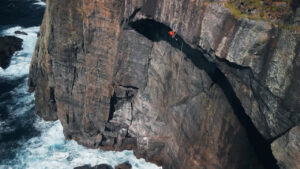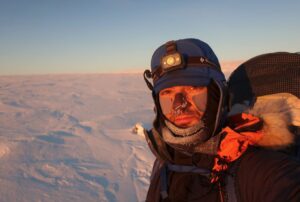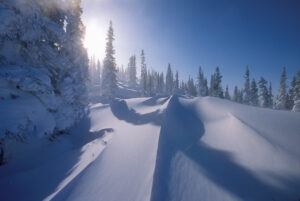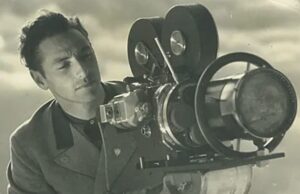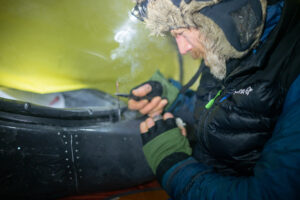In the mountains, fitness is important, but wisdom is essential. One must learn technique, the proper use of climbing gear and how to interpret changeable weather and snow conditions. But the core lesson behind all the others is judgment. The question is, how do you teach judgement?
Steve House has been pondering this for years. While the American climbing star is well known for his pure, alpine-style approach and high-altitude ascents, few are aware that he and his wife Eva run a volunteer project called the Alpine Mentors Foundation, to share his knowledge with a next generation of alpinists.
For seven years, House and some friends — actually, superb climbers such as Steve Swenson, Ines Papert and David Göttler — invested months mentoring small groups of young climbers for periods of two to four years. And yet, House was not satisfied.
“[Our original] small group approach is inefficient and ineffective for more than half the participants,” he said. “Furthermore, it was highly time intensive. This is a 100% volunteer effort, and I was spending 8-12 weeks per year on this, which was not sustainable for me personally. It was also dangerous. In 2016, one of our participants lost her life during the final expedition.”
Inspired by Ray Dalio’s book Principles, House set off on a climbing trip to the Canadian Rockies with partner JD Merritt, a small film team and a good idea. “I tried to distill the most critical decisions of that trip into a set of principles for alpine climbing.”
The result is a series of video tutorials where House attempts to teach how to make better decisions on the mountains. Each video summarizes one of five basic principles: Perfect Preparation, Pay Attention, Be Realistic, Fail Well, and a Reflection and Debrief finale which emphasizes that, as House puts it, “To succeed is to survive.”
Alpine Principles: Perfect Preparation
Alpine Principles: Be Realistic
Alpine Principles: Pay Attention
Alpine Principles: Fail Well
Alpine Principles: Reflect and Debrief

